EDITORIAL
Published on 19 Oct 2022
Editorial: Rhythm in human cognition and action: Health and pathology
doi 10.3389/fpsyg.2022.1047825
- 1,110 views
- 1 citation
10k
Total downloads
49k
Total views and downloads
Select the journal/section where you want your idea to be submitted:
EDITORIAL
Published on 19 Oct 2022
ORIGINAL RESEARCH
Published on 11 Jul 2022
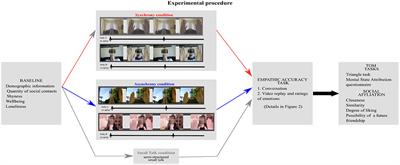
ORIGINAL RESEARCH
Published on 04 May 2022
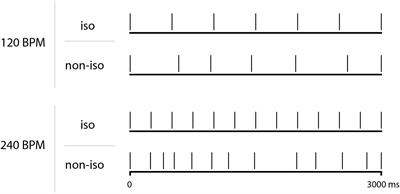
REVIEW
Published on 17 Mar 2022
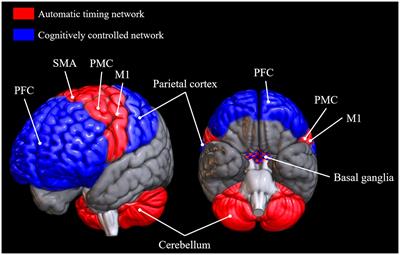
REVIEW
Published on 10 Feb 2022
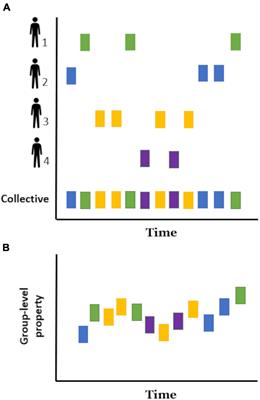
ORIGINAL RESEARCH
Published on 04 Feb 2022
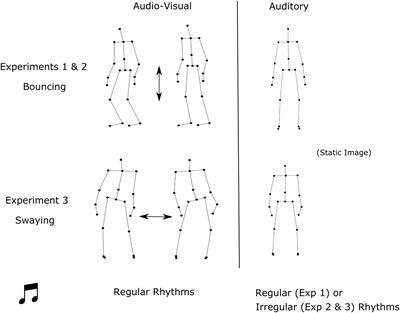
ORIGINAL RESEARCH
Published on 04 Jan 2022

ORIGINAL RESEARCH
Published on 18 Oct 2021
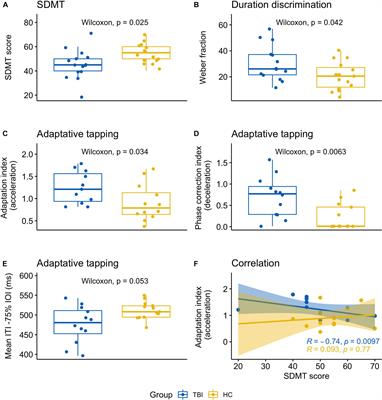
BRIEF RESEARCH REPORT
Published on 05 Oct 2021
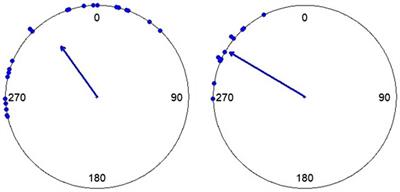
ORIGINAL RESEARCH
Published on 29 Jul 2021
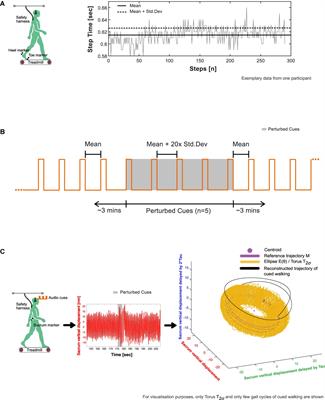
ORIGINAL RESEARCH
Published on 26 Apr 2021
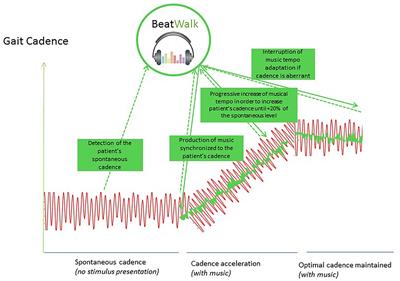

Frontiers in Neuroscience
Frontiers in Psychiatry